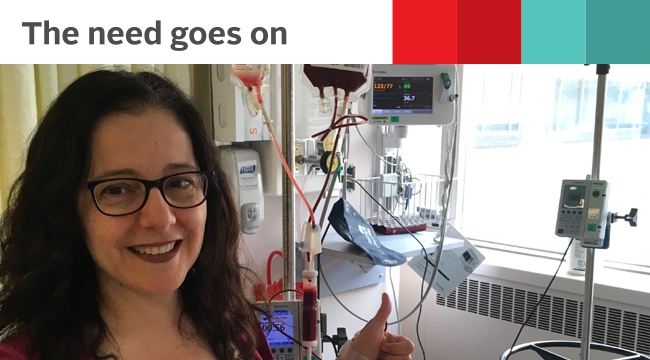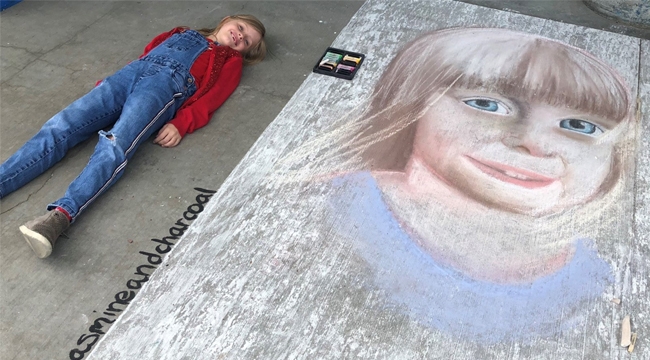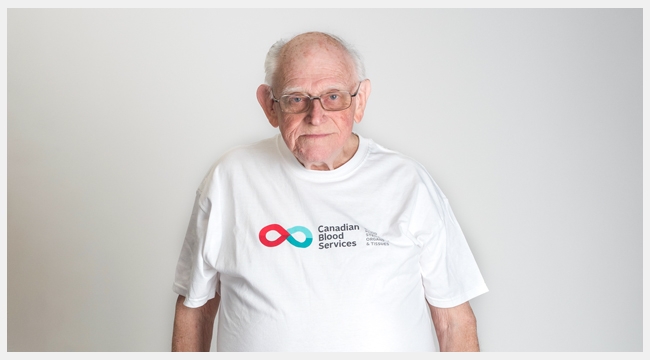Program to share kidneys across provincial borders marks 1,000 kidney transplants for hardest-to-match patients
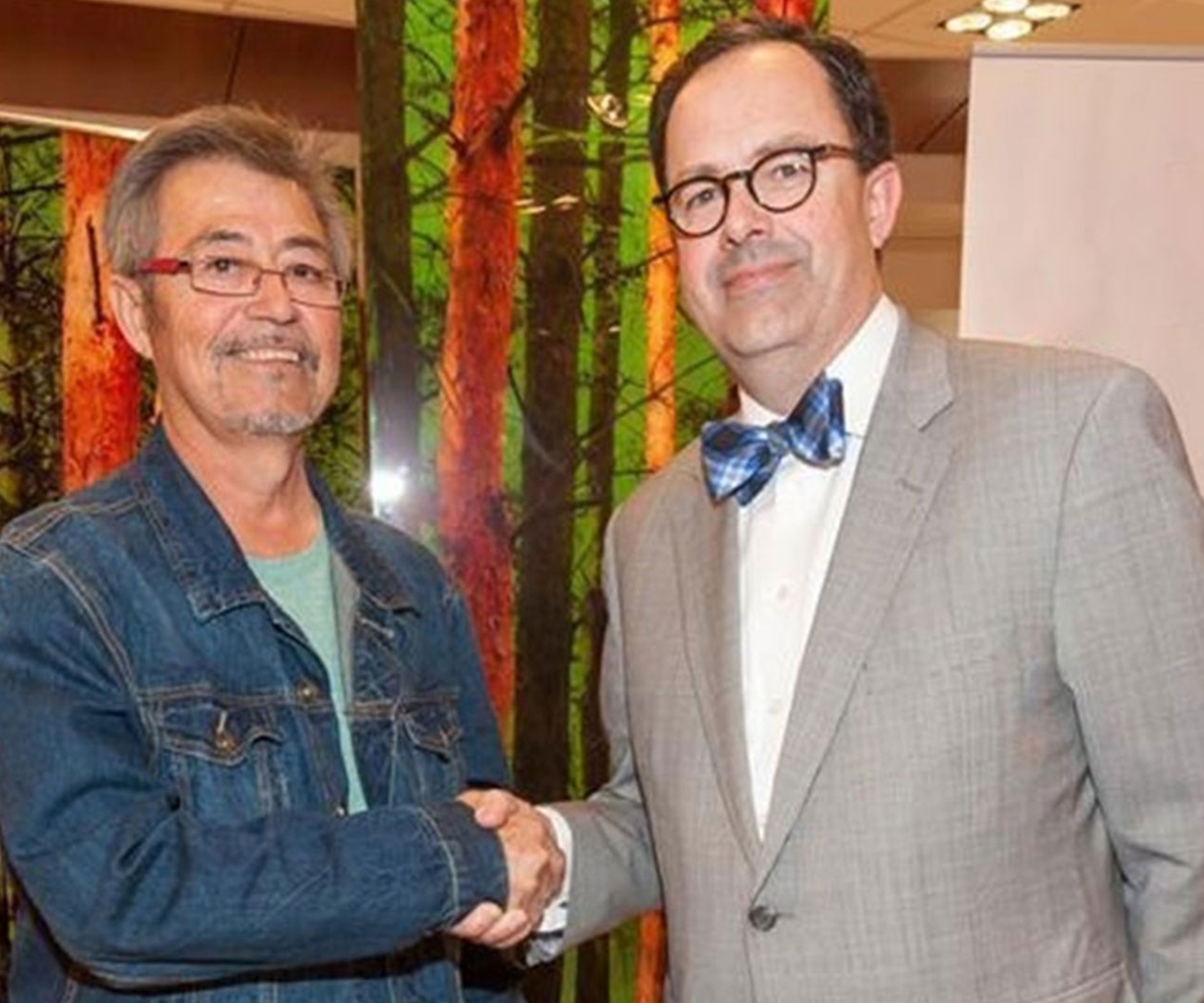
The Highly Sensitized Patient program facilitated its first kidney transplant in Manitoba in 2014
In the spring of 2014, Arnold Dysart became the first recipient of a kidney through a Canadian Blood Services program designed to help the hardest-to-match patients. Now, 10 years later, the Highly Sensitized Patient program has reached the milestone of 1,000 transplants — thanks to the collaborative efforts of transplant programs, health-care professionals, organ donation organizations, and most importantly, the generosity of organ donors and their families.
How a national pool of donors helps patients beat tough odds for kidney transplant
A “highly sensitized” patient is one who has a very high level of antibodies that react to foreign tissue. This makes finding a donor match more difficult. In fact, half of those seeking a match through this program are compatible with only 1 in 10,000 other people. Put another way, that’s 1-2 potential matches in a crowd the size of a sold-out NHL game, assuming every fan were willing to donate a kidney.
Arnold, seen in the image above with Dr. Peter Nickerson, was one of those patients. He’d had a transplant previously, with a kidney from his brother, after being diagnosed at age 28 with IgA nephropathy — a condition which causes proteins to build up in the kidneys. But after 17 years, that donor kidney had failed, and the search for a new kidney was complicated by the fact that he’d become highly sensitized. It’s a possible outcome of a previous organ transplant; others are highly sensitized because they’ve developed antibodies during pregnancy, or in response to blood transfusions.
“These three populations of patients, especially if they have a broad degree of sensitization, often can’t find a donor in their province,” Dr. Nickerson, a Manitoba physician who has cared for highly sensitized patients. says “To really maximize the chance of them getting a transplant, you need to have access to the entire kidney donor pool in the country.”
That access is what’s provided by the Highly Sensitized Patient program, which Dr. Nickerson helped launch in 2013. It is a national organ sharing program operated by Canadian Blood Services in collaboration with all provincial donation and transplant programs.
The long road to cross-country kidney transplant matching
Getting there wasn’t easy. Prior to 2014, from the very beginning of kidney transplantation in Canada, kidneys donated in a province stayed in that province. With health care being a provincial responsibility, Dr. Nickerson had to do a lot of negotiating to make interprovincial kidney transplantation a reality.
“What it required us to do as a country was to get provincial agreement,” Dr. Nickerson says. “Canadian Blood Services played a pivotal role as really the only truly interprovincial health-care system, and being able to facilitate that discussion.”
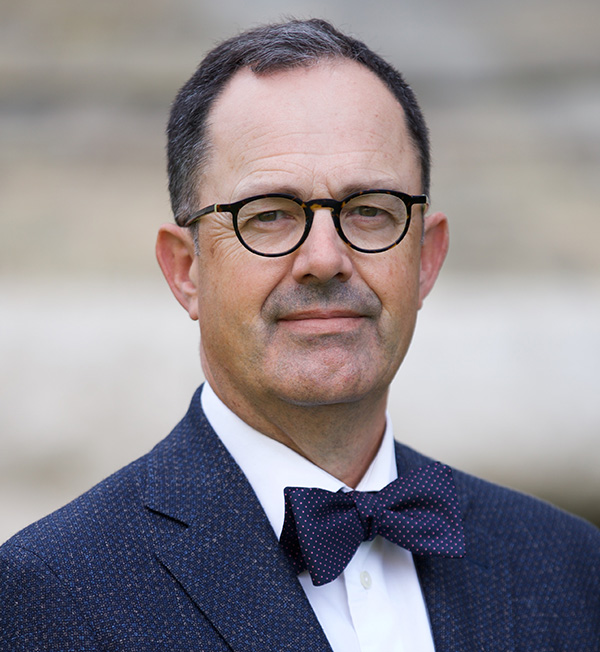
Getting provincial buy-in also required improvements at laboratories that supported transplants. Tests to determine a kidney transplant match needed to become equally precise at labs across the country. Fortunately, Canadian Blood Services was able to bring the labs together and provide them with the training they needed, because of its experience and expertise in blood testing across Canada.
“The provinces were willing to do it because we could show that we had standardized the labs,” Dr. Nickerson says. “And that reassured the provinces that when a kidney goes, it will go to the person it’s intended to.”
New hope for hardest-to-match patients in need of kidney transplants
When the Highly Sensitized Patient program launched, people who had been waiting for almost two decades started qualifying for kidney transplants.
“Now we have patients who are highly sensitized and they’re not waiting 16 years anymore,” Dr. Nickerson says. “They’re coming onto the list and they’re getting off the list. They have wait times now that are not much different than patients who are not sensitized. That’s creating equity.”
Not long after the Highly Sensitized Patient program came into being, the United States developed a similar program, and now other countries are looking to adopt this made-in-Canada approach to kidney matching as well.
For Arnold, his kidney made the long journey from the east coast to his home province of Manitoba, and he is forever grateful to have received it.
“I wish I had the ability to contact the family of my donor because I would speak from the heart,” Arnold says. “I would probably do a lot of crying from happiness and let them know that they helped me out with another lease on life.”
These 1,000 kidney transplants represent 1,000 people, like Arnold, who would likely never have found matches within their own provinces. Learn more about the life-changing impact of the Highly Sensitized Patient program at blood.ca/HSP1000.
